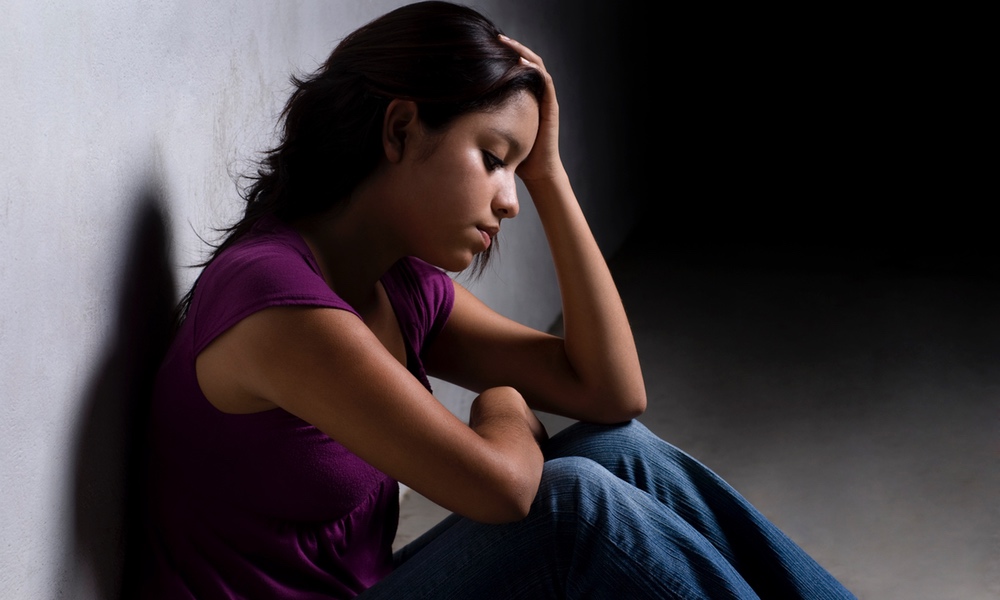Bullying may seem like a malady of childhood. But even though it often occurs early in life — in grade school or middle school — bullying can create mental health problems that last into adulthood.
Bullying is not about schoolyard taunts or even fights. It's a persistent pattern of harassment in which a person is repeatedly targeted by a more powerful group in an effort to isolate and hurt them.
Bullying can be physical or verbal attacks including hitting, name calling and teasing. It can also be indirect, such as when rumors or misinformation are spread (often electronically) about an individual to influence a group’s attitudes and actions toward that person.
Children with physical and mental disabilities, children who are overweight or obese, and children who are lesbian, gay, bisexual, transexual, or questioning (LGBTQ) are at increased risk of being bullied.If you suspect a child is being bullied, do not accept it as a "normal" phase of childhood/adolescence.
Being a victim of bullying can lead to anxiety, fear, and depression. It often causes children to avoid school and social settings.
The intense emotional toll bullying takes is often not apparent until a victim is driven to suicide.
When a team of researchers around the country followed nearly 4,300 children over a five-year period from fifth grade through 10th grade, they found that 30 percent had been bullied at some point, and that bullying tended to leave lasting effects.
Children who were bullied showed poorer mental, emotional, and physical health. They had more depression and lower self-esteem than children who had never been bullied.
Unsurprisingly, those whose bullying was confined to the past scored better on measures of mental health than those who were still being bullied. For these children, victims of bullying in both the past and the present, measures of mental and physical health and self-esteem were significantly lower.
For example, 45% percent of 10th graders who had been bullied in both the past and the present had low scores on standard tests of psychological health. Only 7% of those who had never been bullied had similarly low scores.Bullying can also take place in cyberspace, on social networking media such as Facebook, Twitter, and in text messages.
The results hint that the impact of bullying is cumulative and the negative outcomes are increased when bullying persists or recurs.
What Parents (and Teachers and Coaches) Can Do to Help
To reduce these psychological effects bullying behavior needs to be stopped early, and those who have been bullied need to be monitored for mental and physical health effects and receive appropriate interventions when problems are recognized.
Parents can be most helpful when they are tuned in to their children’s and teens' behaviors, school performance, and peer relationships. They should also be on the lookout for bullying that happens at home.
Signs that a child or teen is being bullied include:
Bullying can also take place in cyberspace, on social networking media such as Facebook, Twitter, and in text messages. If you suspect a child is being bullied, it is important not to accept it as a “normal ” phase of childhood or adolescence or think that the child should be able to handle it by him- or herself.
Children and teens who are being bullied may be able to think of ways to end the harassment, but they still need support and help to carry them out.
The study is published in Pediatrics.




